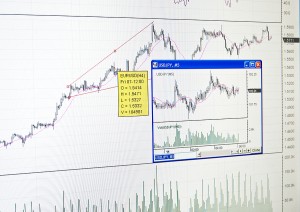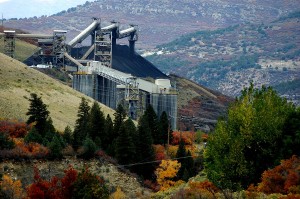Summary of recent Energy News headlines
There are a number of energy stories that are making business headlines these days. The unifying themes for this week’s energy market news summary are: a regulatory focus on market integrity and transparency at the wholesale level; structural changes in US fuels and markets; and the abiding question about weather & gas prices.
FERC investigations in to market manipulation
The Federal Energy Regulatory Commission (FERC) is an independent federal regulatory agency with jurisdiction over interstate electricity sales, wholesale electric rates, hydroelectric licensing, natural gas pricing, and oil pipeline rates. FERC also reviews and authorizes liquefied natural gas (LNG) terminals, interstate natural gas pipelines and non-federal hydropower projects. Lately, FERC has become more active in scrutinizing how markets function, and what role major suppliers and banks play in market pricing. As evidenced by a Bloomberg story from July 9, FERC has taken up a more active role in policing markets. On July 2, FERC sued JP Morgan in an effort to get documents released that would aid the FERC in investigating claims of market manipulation in California and the Midwest. Activity in this area has picked up significantly. As Bloomberg reports:
Since January 2011 the agency has announced 11 probes of alleged manipulation in electricity and natural gas markets and a record $245 million settlement with Constellation Energy Group Inc.
The Constellation settlement, explained here, occurred after FERC charged Constellation with manipulating New York’s “virtual” power market. The virtual market allows wholesale market participants in New York to buy (or sell) power at the day-ahead price and then sell (or buy) it back at the real-time price without having to actually produce or take delivery of the power. The system was designed to create greater market efficiency and, ultimately, reduce the divergence in prices between day ahead and real time markets. (Traditionally, the day ahead market clears at a premium to the real time market on average. The thinking is that the existence of this premium suggests a market inefficiency that the virtual market addresses.) While Constellation did not admit to any wrongdoing in the settlement, they did settle the case for $245 million, the largest FERC settlement since 2005.
The bottom line for businesses: A focus on transparency and market efficiency at the wholesale level only helps business purchasers of power and gas.
Challenges for the coal industry… does this signal a continued and fundamental shift away from coal-fired power plants?
Patriot Coal filed a Chapter 11 petition in U.S. Bankruptcy Court in Manhattan yesterday, and said dozens of the company’s units would join in the filing. The company operates 13 active mining complexes in Appalachia and the Illinois Basin and controls an estimated 1.9 billion tons of coal reserves. According to the Company’s CEO as reported by Bloomberg,
“The coal industry is undergoing a major transformation and Patriot’s existing capital structure prevents it from making the necessary adjustments to achieve long-term success,” Patriot Chief Executive Officer Irl F. Engelhardt said in a statement that cited lower thermal coal prices, canceled customer contracts and rising costs for environmental liabilities for increasing pressure on the company in recent months.
The bottom line for businesses: We see more disruption in the energy industry, and a growing dependence on natural gas… a transition to more gas-fired base load plants is good for the environment, but it could also result in greater market volatility once price volatility returns to natural gas markets.
Weather relief?
Bloomberg reports likely relief from the extended heat wave that we’ve been experiencing in the East and across the Midwest over the last several weeks. The sheer scope and number of temperature-related records is remarkable. The only concern as it relates to this relief is the potential for thunderstorms up and down the east coast, which can disrupt power service particularly outside of major cities. The good news is that from what we’ve been able to track so far, this summer’s Hurricane Season is not expected to be as active as last year’s.
The bottom line for businesses: We haven’t seen a huge price impact from the heat wave although the disruption to service in the Southeast and around Washington, DC has been challenging. The good news is that no one expects a significant hurricane season.



